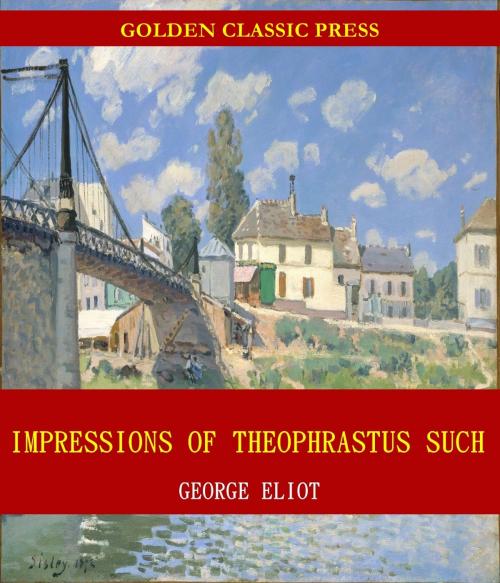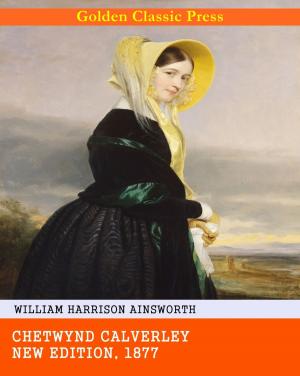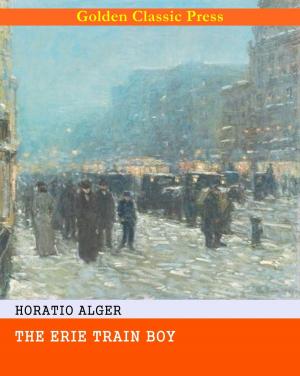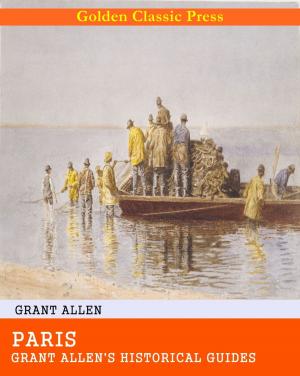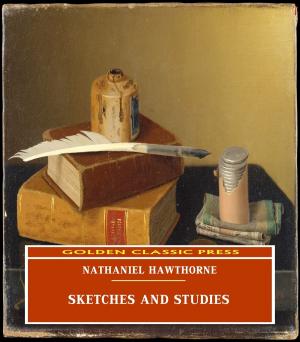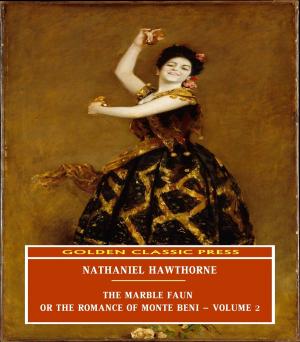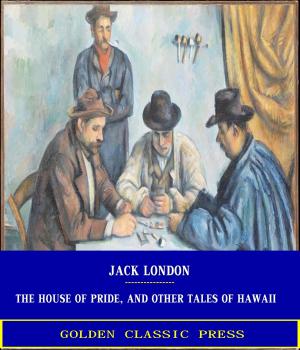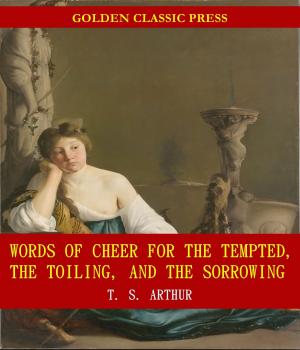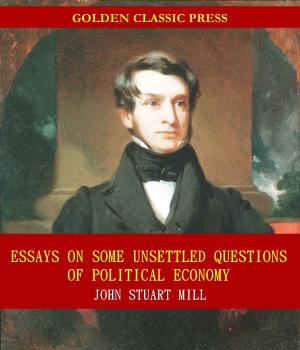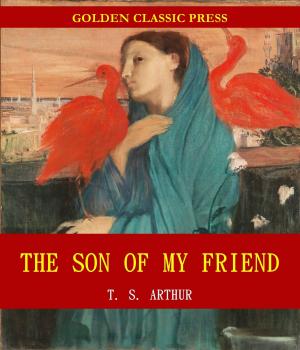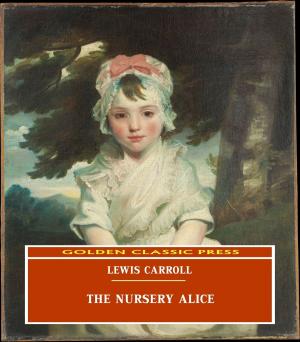Impressions of Theophrastus Such
Fiction & Literature, Psychological, Classics, Romance, Contemporary| Author: | George Eliot | ISBN: | 1230002961644 |
| Publisher: | GOLDEN CLASSIC PRESS | Publication: | December 1, 2018 |
| Imprint: | Language: | English |
| Author: | George Eliot |
| ISBN: | 1230002961644 |
| Publisher: | GOLDEN CLASSIC PRESS |
| Publication: | December 1, 2018 |
| Imprint: | |
| Language: | English |
*** Original and Unabridged Content. Made available by GOLDEN CLASSIC PRESS***
Synopsis:
"Impressions of Theophrastus Such," published in 1879, marks the end of George Eliot's career and the end of her life with George Henry Lewes. In many ways this fable is a final testimony to her brilliance. As Nancy Henry points out in her introduction, this book goes beyond even Daniel Deronda in positing the role of collective memory in the future of national cultures and the power of literary texts in creating and preserving both. It is a complex and intelligent synthesis of Eliot's previous great works as well as an interesting departure from them. It signals the culmination of her development as a writer of organic form and the beginning of what could be termed an early modernist experimentation through fragmentation of form....Theophrastus reflects on the habits of his contemporaries—on their tendency to romanticize past ages, the ruthless nature of scholarly debate, the mocking of traditionally revered works of the absurdity of decadence in art, and the justification for Jewish and other modern nationalisms. As the character of Theophrastus emerges and coheres, the mature and accomplished George Eliot asks what has become of nineteenth-century English culture while speculating on how it might adapt and survive.
*** Original and Unabridged Content. Made available by GOLDEN CLASSIC PRESS***
Synopsis:
"Impressions of Theophrastus Such," published in 1879, marks the end of George Eliot's career and the end of her life with George Henry Lewes. In many ways this fable is a final testimony to her brilliance. As Nancy Henry points out in her introduction, this book goes beyond even Daniel Deronda in positing the role of collective memory in the future of national cultures and the power of literary texts in creating and preserving both. It is a complex and intelligent synthesis of Eliot's previous great works as well as an interesting departure from them. It signals the culmination of her development as a writer of organic form and the beginning of what could be termed an early modernist experimentation through fragmentation of form....Theophrastus reflects on the habits of his contemporaries—on their tendency to romanticize past ages, the ruthless nature of scholarly debate, the mocking of traditionally revered works of the absurdity of decadence in art, and the justification for Jewish and other modern nationalisms. As the character of Theophrastus emerges and coheres, the mature and accomplished George Eliot asks what has become of nineteenth-century English culture while speculating on how it might adapt and survive.
